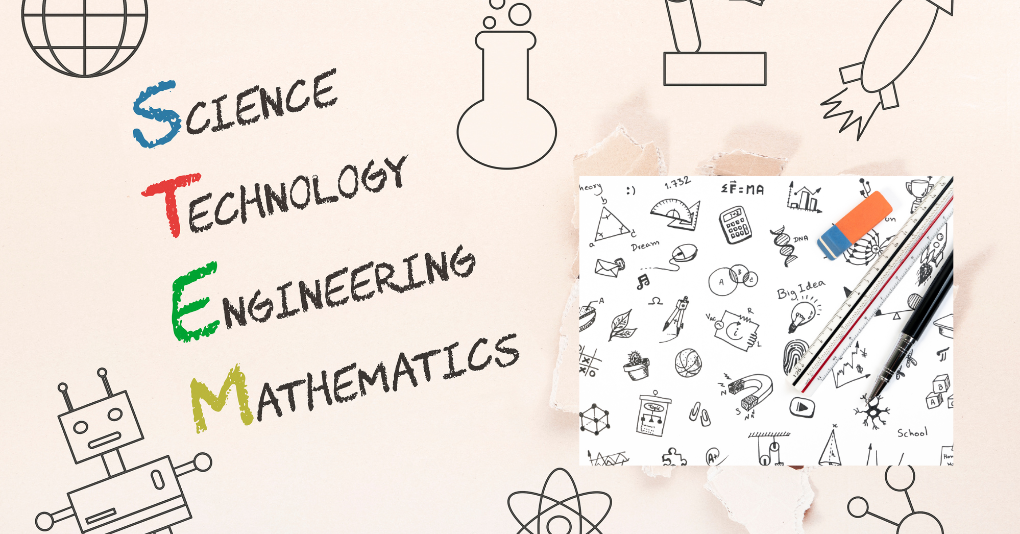Professor Unveils New Model-And-Surpass Pedagogy to Revolutionize STEM Learning in Africa

Professor Unveils New Model-And-Surpass Pedagogy to Revolutionize STEM Learning in Africa
Former Executive Secretary of the National Universities Commission (NUC), Professor Emeritus Peter Okebukola, has unveiled a new teaching method for advancing Science, Technology, Engineering, and Mathematics (STEM) education. The innovation, known as the Model-And-Surpass Pedagogy (MSP), was introduced during the 2025 international conference of the International Research Group (IRG), co-hosted by the Commonwealth Association of Science, Technology and Mathematics Educators (CASTME).
Okebukola, who won the 1992 UNESCO Kalinga Prize for the Communication and Popularization of Science, explained that his motivation came from the inadequacy of foreign teaching models in Africa. According to him, “my motivation for inventing methodologies for teaching science, which won me the 1992 UNESCO Prize, is based on the overload of methods of teaching developed by non-Africans, which are not fit for purpose for the African cultural context. The impression is always given that the method must be developed by the West to be right. Our researchers gleefully deploy these ‘oyibo’ methods and fail to look inwards to innovate.”
He recalled his earlier breakthrough with the Culturo-Techno-Contextual Approach (CTCA), developed after decades of research, which has since gained worldwide recognition. “In the last ten years, CTCA has gained global prominence and is now in use in many African countries and several countries in Asia, Europe, and North America. Its efficacy in improving students’ performance in science and non-science subjects has been confirmed by numerous studies,” he said.
Introducing his latest method, Okebukola explained, “The second method I just developed is the Model-And-Surpass Pedagogy (MSP). This is based on the framework of students modelling great scientists and striving to surpass them. The logic is that by striving to model the great scientist and implement a work plan to surpass such a scientist, the student will learn the way of the scientist and work towards achieving greater heights. When there is a will, there is a way. The outcome is predicted to be improved achievement and a better attitude toward STEM.”
Looking ahead, Okebukola revealed ongoing studies by researchers across four African countries to test the pedagogy. “The goal is to ensure that MSP contributes to the attainment of the African Union’s Agenda 2063 – The Africa We Want. The days of Africa playing second fiddle in STEM enterprise will soon be over. This is not the last bus stop in our quest for homegrown methods of teaching… I assure you, the coming years will be exciting for Nigerian, indeed African students and teachers at all levels,” he affirmed.






